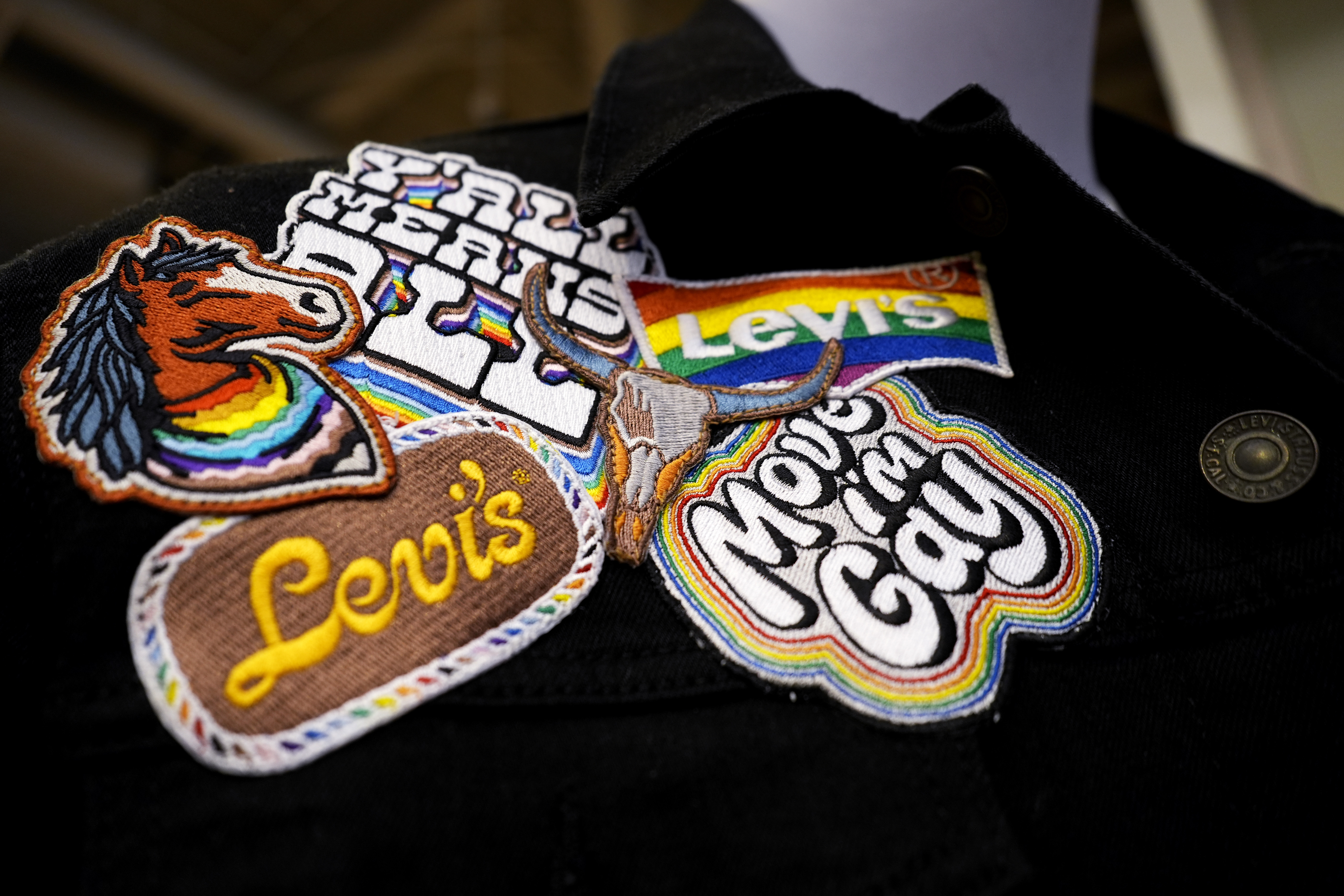
Summer is about to be in full swing, which means lots of time barbecuing at the beach. But don't forget the importance of food safety when considering what to pack for your day by the ocean. Hot summer temperatures and sunshine can easily spoil certain beach foods, making them a risky or even unsafe option to eat.
“The last thing you want is for people to go home and remember the beach trip because they got sick,” Dr. John Torres, NBC News senior medical correspondent, said on TODAY.
Leaving food unrefrigerated for a prolonged period can cause certain bacteria, like E. coli and and salmonella, to grow and make those consuming the food sick with diarrhea and vomiting. Between 40 and 140 degrees Fahrenheit is known as the food "danger zone" for this reason, according to the U.S. Department of Agriculture.
Even if you use a cooler, you may not be able to completely prevent the temperature of your food from reaching above 40 degrees Fahrenheit. That's why Torres recommends leaving certain items at home and choosing safer beach foods instead.
Foods not to bring to the beach
Cold cuts that require refrigeration
Get Tri-state area news and weather forecasts to your inbox. Sign up for NBC New York newsletters.
If you're packing sandwiches made with deli meats or cold cuts — such as sliced turkey, ham, chicken, roast beef, salami, bacon or bologna — these need to be refrigerated until they are ready to eat, says Torres.
U.S. & World
Although deli meats are often cured and processed to help prevent spoilage and contamination, they can still contain bacteria that can make you sick and multiple rapidly in warm temperatures, TODAY.com previously reported.
Keeping them in a cooler can make this food choice less risky, but once you take them out of the refrigerated environment, eat them right away.
Fresh salads
Fruits and vegetables contaminated with salmonella, E. coli, listeria and other bacteria are responsible for a large chunk of foodborne illness in the U.S., according to the U.S. Centers for Disease Control and Prevention.
Washing produce can reduce the amount but doesn't entirely eliminate dangerous bacteria, which love to multiply in warm, most environments — like an airtight container holding salad on the beach.
Anything mayo-based
“Mayo-based potato salad is always one of those big things that cause a lot of issues,” says Torres.
Although it’s bought from a non-refrigerated shelf, mayonnaise does need to be refrigerated, and any salad or dish containing mayo can only be left out at temperatures above 40 degrees Fahrenheit for two hours before it should be discarded, according to the USDA.
Ideally, mayo-based foods should be refrigerated until they are served, says Torres. So it’s probably wise to avoid bringing these dishes to the beach entirely and enjoy them at home instead.
Raw meat
Grilling is a favorite beach activity for many. But bringing a bunch of raw hamburger meat or chicken that will sit around at various temperatures before it is barbecued is not the best idea due to the risk of bacteria growing. In general, Torres recommends against bringing raw or uncooked meats to the beach ever.
If you do decide to bring raw meat, store it properly in a cooler below 40 degrees Fahrenheit until it’s ready to be cooked, and keep it sealed and separate from any other foods that won’t get cooked in the cooler.
According to USDA guidelines, beef should be cooked to a minimum internal temperature of 145 degrees Fahrenheit, poultry to 165 degrees Fahrenheit and fish to 145 degrees Fahrenheit.
Precut fruits
Precut fruit is notorious for containing foodborne pathogens, such as salmonella. These include include papayas, peaches, and a major culprit, melon — including honeydew, cantaloupe and an all-time beach favorite, watermelon.
Cutting the fruit can transfer bacteria on the surface of the fruit into the flesh, where it can grow and multiply, especially in hot beach weather, TODAY.com previously reported.
Sliced fruit can also get warm faster and draw insects, says Torres. Instead of buying presliced fruit for your next beach trip, bring the whole thing and cut it up at the beach instead — just make sure you have clean hands and use a clean knife and cutting board.
Food safety tips for the beach
Many foods can be totally safe for the beach as long as you practice certain food safety precautions. Here's some advice to keep in mind from Torres and the USDA:
- Perishable foods should never sit out of refrigeration for more than two hours, and if temperatures are 90 degrees are higher, no more than one hour.
- When packing, take food out of the fridge or freezer and put it immediately into the cooler. Aim to keep food refrigerated right up until you eat it.
- Try to avoid leftovers by only packing the amount you plan to consume.
- If you do choose to bring raw meat, season it at home, and keep it tightly wrapped in a place where any juices that may drip cannot get on to other foods, such as the bottom of the cooler.
- Pack drinks in a separate cooler from food so the food is exposed to warm temperatures less often.
- Try to fill your cooler all the way, packing extra ice if necessary, as this will keep its contents cool for longer.
- Bring a food thermometer if you are cooking at the beach.
This story first appeared on TODAY.com. More from Today:



